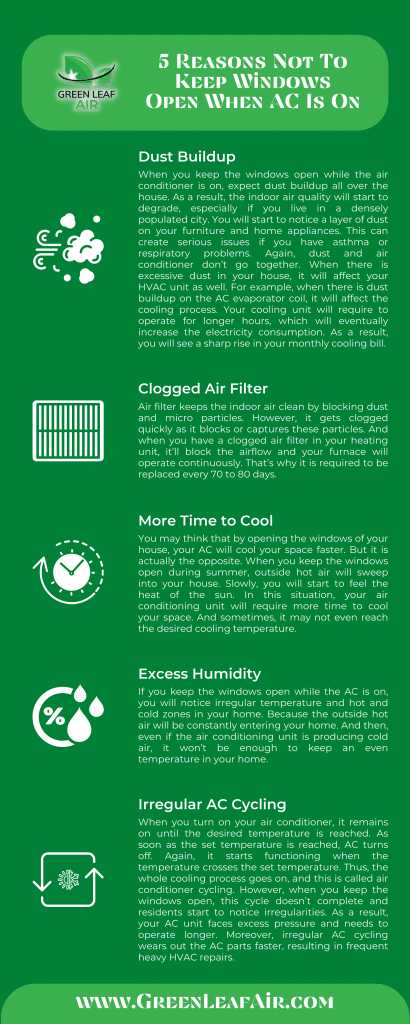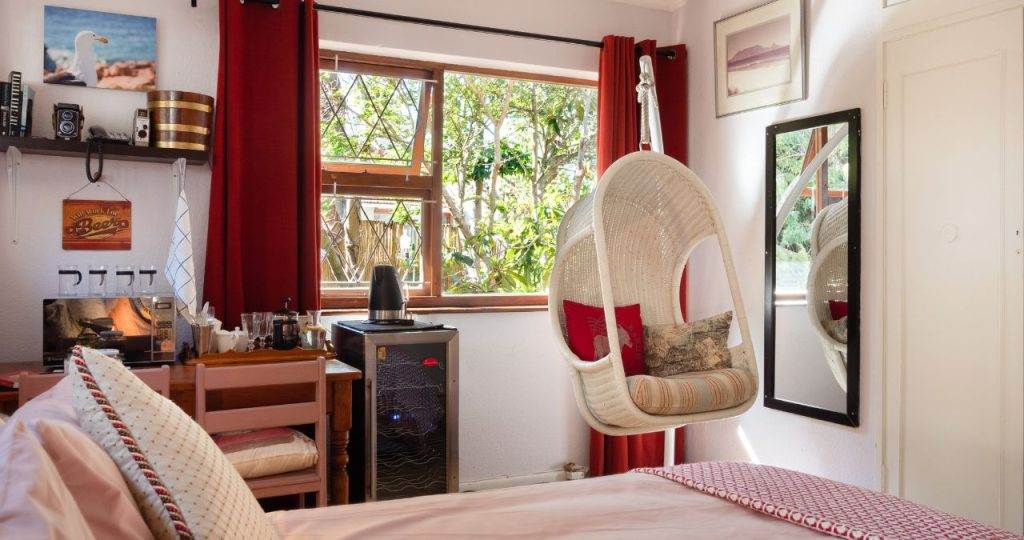Have you ever wondered what would happen if you never opened your windows? We’ve all had those moments when we’re too busy or too lazy to crack open a window and let the fresh air in. But does it really make a difference? In this article, we’ll explore the surprising effects of keeping your windows shut tight, from the impact on air quality to the potential consequences for your health. So, if you’re curious about why opening your windows matters more than you think, keep reading.
Introduction
Have you ever wondered what would happen if you never opened your windows? Many of us spend a significant amount of time indoors, whether it’s at home or in the workplace. We often rely on artificial ventilation systems to keep the air circulating, but what if we never allowed fresh air to enter our living spaces? In this article, we will explore the potential consequences of not opening windows and the impact it can have on our overall well-being.
Air Quality
One of the most significant concerns when it comes to keeping windows closed for extended periods is the decrease in indoor air quality. As humans, we generate a variety of airborne pollutants, such as carbon dioxide, volatile organic compounds (VOCs), and allergens. Without proper ventilation, these pollutants can build up in our living spaces, leading to poor air quality. This can result in a range of health issues, including headaches, respiratory problems, and allergic reactions.

This image is property of i.ytimg.com.
Condensation and Mold
Another consequence of never opening windows is the increased condensation that can occur within our homes or offices. Without fresh air circulating, moisture produced by daily activities such as cooking, showering, and even breathing can accumulate on surfaces. This excess moisture creates an environment conducive to the growth of mold and mildew. Not only can mold and mildew be unsightly, but they can also cause a range of health problems, including allergic reactions, respiratory issues, and even infections.
Excess Humidity
In addition to the formation of mold and mildew, not opening windows can lead to high humidity levels in our living spaces. Humidity refers to the amount of moisture present in the air, and excessive humidity can have negative effects on both our health and comfort. High humidity can make the air feel heavy and sticky, causing discomfort and contributing to a lack of productivity. It can also create a breeding ground for dust mites and other indoor allergens, further exacerbating respiratory issues for those with allergies or asthma.

This image is property of i.ytimg.com.
Stagnant Odors
Have you ever walked into a room and immediately noticed a musty or unpleasant smell? Without proper ventilation, these stagnant odors can become trapped within our living spaces. Over time, these odors can permeate surfaces and fabrics, making it challenging to eliminate them completely. Whether it’s lingering cooking smells, pet odors, or the result of indoor pollutants, the lack of fresh air circulation can make it difficult to maintain a fresh and pleasant-smelling environment.
Decreased Energy Efficiency
While it may seem counterintuitive, not opening windows can actually lead to decreased energy efficiency. Without proper ventilation, the air inside our homes can become stagnant and trap heat or cold air, depending on the weather. This means that during the warmer months, it can be more challenging to cool down our living spaces, leading to increased reliance on air conditioning and higher energy bills. Similarly, in the colder months, the lack of ventilation can make it harder to heat our homes efficiently, resulting in higher heating costs.

This image is property of i.ytimg.com.
Lack of Natural Light
Opening windows not only allows fresh air to enter our living spaces but also provides an important source of natural light. Without access to natural light, our living spaces can feel closed off and dim, impacting our overall mood and well-being. Natural light has been linked to improved productivity, better sleep quality, and enhanced overall happiness. By never opening our windows, we deny ourselves the benefits of natural light and may find ourselves feeling more fatigued and less motivated.
Poor Sleep Quality
One often overlooked consequence of never opening windows is the impact it can have on our sleep quality. Natural light entering our bedrooms during the day and darkness at night play a crucial role in regulating our circadian rhythm, also known as our sleep-wake cycle. When we don’t expose ourselves to natural light during the day and darkness at night, our circadian rhythm can become disrupted, leading to difficulty falling asleep and staying asleep. Over time, this can increase the risk of developing sleep disorders and have a negative impact on our overall health and well-being.

This image is property of greenleafair.com.
Weakened Immune System
Fresh air is not only essential for maintaining good air quality but also plays a vital role in supporting our immune system. By never opening windows, we reduce the supply of fresh air circulating in our living spaces, limiting our exposure to beneficial microorganisms and preventing the removal of harmful pollutants. This can weaken our immune system and make us more vulnerable to illnesses and infections. Adequate ventilation and access to fresh air are crucial for supporting our body’s natural defense mechanisms.
Security Concerns
While the focus has primarily been on the impact of not opening windows on our health and well-being, there are also security concerns to consider. By never opening our windows, we limit our options for emergency exits in the event of a fire or other emergencies. Additionally, the lack of fresh air circulation can create an environment that is attractive to intruders, as they can enter and exit without detection. Strike a balance between ventilation and security by implementing safety measures such as window grilles or screens.
In conclusion, never opening windows can have a range of consequences for our health, comfort, and overall well-being. From decreased air quality to the formation of mold and mildew, excess humidity, stagnant odors, decreased energy efficiency, limited natural lighting, poor sleep quality, weakened immune system, and security concerns, the impact can be significant. By finding a balance between ventilation and security measures, we can enjoy the benefits of fresh air while also ensuring our safety. It’s essential to prioritize ventilation and allow fresh air to enter our living spaces regularly for a healthier and more comfortable environment.

This image is property of www.discountwindowsanddoor.com.
